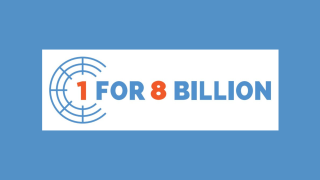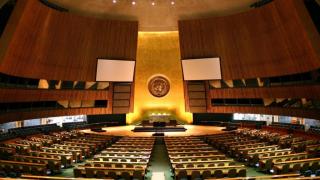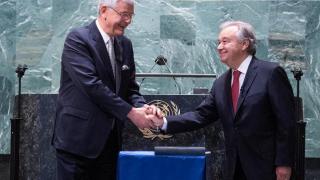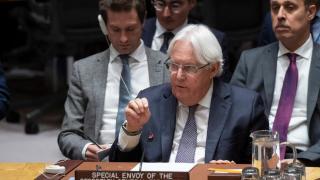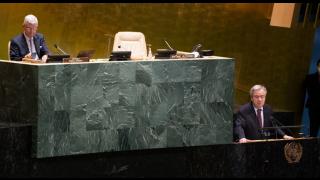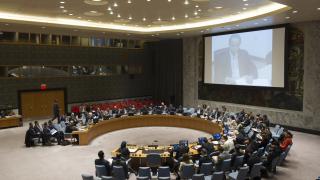
On 29 August the UN Security Council held a third round of straw polls to determine which candidate it will put forward to replace Ban Ki-moon as the next Secretary-General.
Find out more about the process of straw polls
This latest round saw the former Prime Minister of Portugal and former head of the UN Refugee Agency, Antόnio Guterres, maintain his lead for the third time running, with 11 states “encouraging” him, three “discouraging” him and one with “no opinion”. While the Security Council has maintained its policy of not releasing the results, they have been publicised on Twitter after every poll.
On the basis of Mr Guterres’ lead, there has been speculation that the next round of polls in September will involve colour-coded ballot papers, distinguishing between permanent and non-permanent members of the Security Council. Coloured ballots enable Council members to know whether a candidate is being “discouraged” by one or more of the five veto-wielding states.
Other commentators are doubtful that Russia, which will oversee the straw polling in September, will want to speed up the process by introducing coloured ballots. As Council President in September, New Zealand would normally have presided over the polling but, as they have a candidate in the running, they asked Russia to step in in order to avoid any perception of conflict of interest.
All five permanent members of the Security Council must agree on a final candidate to present to the General Assembly. If one or more of Mr Guterres’ “discourages” represents real opposition by a permanent member, then another candidate could emerge as a compromise. As the straw polls are not formal votes, this could in theory be any of the remaining candidates or even a new candidate.
The third poll saw Miroslav Lajčák from Slovakia rise from 10th to 2nd place. Serbia’s Vuk Jeremić and the Bulgaria’s Irina Bokova came joint third, with seven “encourage” votes. Danilo Türk from Slovenia has dropped four places since the previous straw poll, with six “discourages”. Helen Clark (New Zealand) remained in 7th place, and Christiana Figueres and Natalia Gherman were joint 8th.
After the withdrawal of two candidates, those who did less well are likely to be under pressure to follow suit. Matthew Rycroft, Britain’s ambassador to the UN, is one of those encouraging low-scoring candidates to drop out, telling reporters "the whole point of the straw polls is to gradually winnow down the field".
Should it be a woman?
The outcome has again attracted criticism from those calling for a woman to head the UN. The Woman SG Campaign said they were “shocked and disappointed” by the lack of support for women candidates within the Security Council.
Discussing these concerns in an interview with the International Business Times, UNA-UK's Executive Director, Natalie Samarasinghe - who also co-founded the 1 for 7 Billion campaign - expressed her disappointment that the three polls had seen highly-experienced women do less well than men with less experience. But she pointed out that “some of the criticism stems from the sadly misplaced hope that the Council's view of what makes a good UN chief matches that of civil society”.
She was keen to emphasise that ultimately, the next UN leader must be selected on merit, stating that, "It would be an insult to any candidate – especially the women – to suggest the Secretary-General be appointed for any other reason".
The next round of Security Council straw polls is expected in September with the aim of presenting a final candidate to the General Assembly for a vote by October.
Photo: copyright UN Photo

